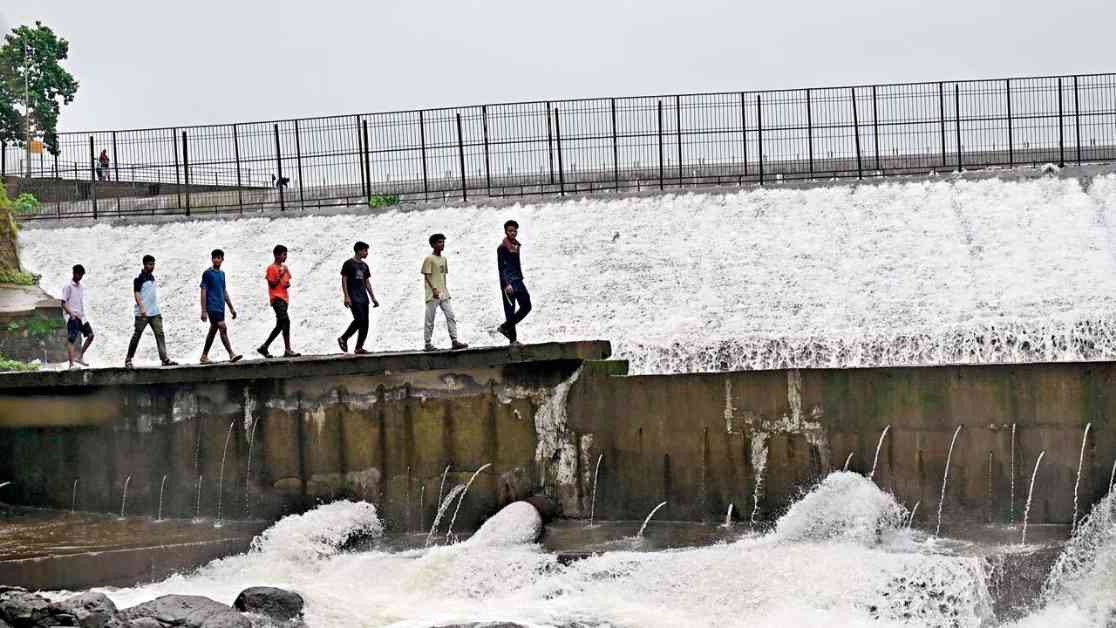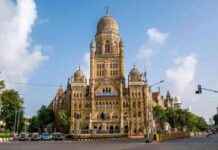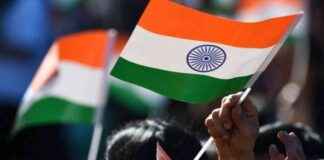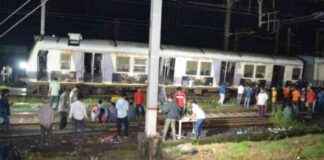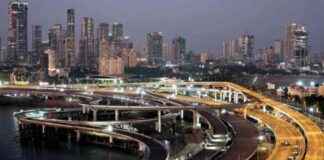Mumbai, a city known for its water scarcity issues, is facing a significant challenge as more than a third of its water supply is lost due to leakages and theft. The Brihanmumbai Municipal Corporation (BMC) reports that non-revenue water (NRW), which represents water losses, has decreased from 38 percent to 34 percent over the past two years. However, this still means that the city is losing the equivalent of four months’ worth of water supply, which is a significant amount.
NRW includes water that is supplied but not paid for, such as losses from leakage, unbilled water, illegal connections, faulty water meters, and inaccurate readings. Of the 3,950 million liters of water received daily, 1,500 million liters are lost, highlighting the magnitude of the issue. Pipeline bursts, often caused by infrastructure projects, also contribute to these losses.
The BMC has been working on various initiatives to reduce NRW, including replacing aging pipelines with new tunnels and using advanced technology to detect leaks in underground pipes. Despite these efforts, the city continues to experience water supply issues, with residents facing regular water cuts during the summer months. The BMC has a water supply management plan in place until the end of next July, but additional water is often required during festivals or hot periods.
Maintaining Mumbai’s extensive water supply network, which spans over 5,000 km, is a significant challenge. With only 712 engineers currently employed out of 1,100 sanctioned posts, managing the system to control supply pressure and address leakages remains difficult. Despite the city’s lakes being full, water supply issues persist, indicating the need for more efficient management and infrastructure improvements to ensure a reliable water supply for all residents.
